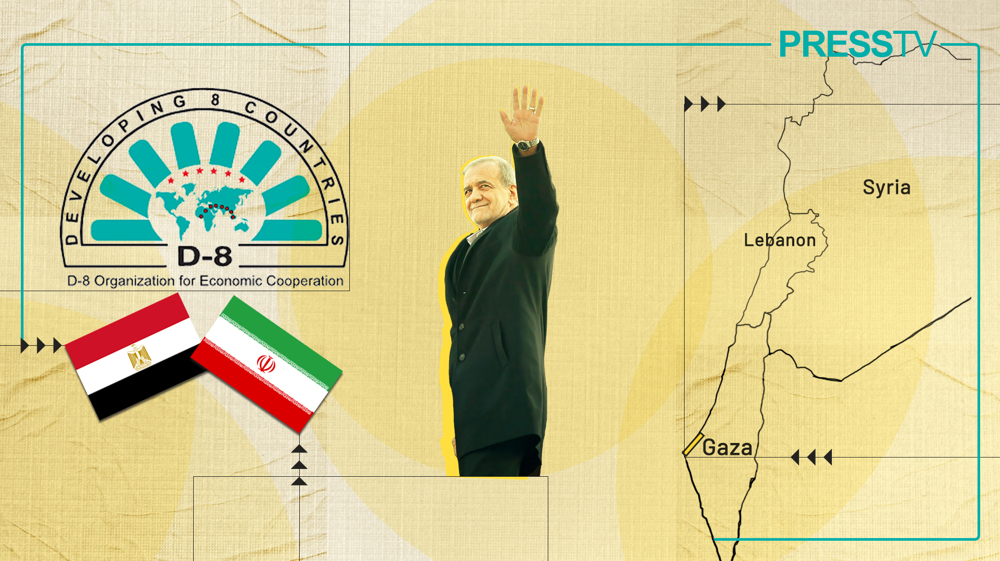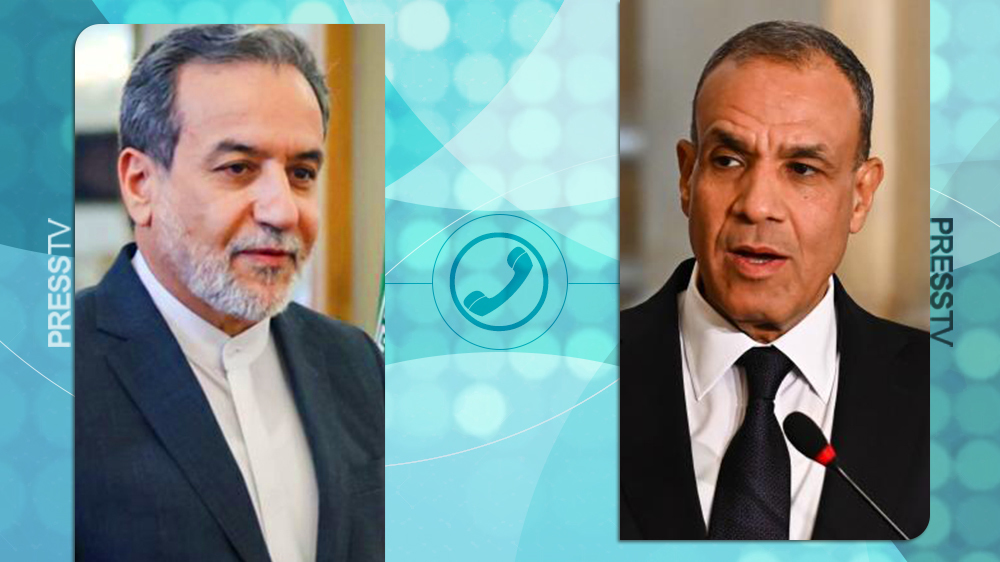Incumbent Egyptian president re-elected in contentious vote: Media
Preliminary results show Egyptian President Abdel Fattah el-Sisi has been re-elected with a sweeping majority in a highly-contentious election, after his military-backed administration jailed or scared off all serious contenders.
State media, citing preliminary results, reported on Thursday that Sisi had bagged nearly 92 percent of the vote.
Sisi’s sole challenger and a vocal supporter of the army-chief-turned-president, Moussa Mostafa Moussa, was able to get only three percent of the vote.
According to state-owned newspapers al-Ahram and Akhbar el-Youm and the official MENA news agency, some 23 million of the 60 million registered voters turned out during the three days of polling that ended Wednesday.
In addition to the 23 million who cast valid votes, two million spoiled their ballot papers, inserting the names of candidates who were not among the only two approved.
The official results will be announced on April 2.

Neither of the candidates had many campaigning events. They, however, called for a big turnout in the election.
Opposition groups had called for a boycott of the vote which they labeled a facade.
The electoral commission earlier warned that boycotters who could not show good reason for not going to the polls could face a fine of up to 500 Egyptian pounds (22 euros).
In the months leading up to the vote, six presidential hopefuls either ended up behind bars or dropped out citing obstacles to registering and harassment by state security services.
Sisi’s most serious potential rival, ex-general Sami Annan, was arrested by the Egyptian military on charges of breaching army regulations just days after he announced his bid.
After all the candidates were thrown out, little-known politician Moussa, who had been leading Sisi’s election campaign, suddenly announced he would be running right before the registration deadline expired.

Sisi won his first term in 2014 with 96.9 percent of the vote.
Turnout of 47 percent in that year's election was sharply higher than this year's 40 percent despite appeals from Prime Minister Sherif Ismail for voters to fulfill their patriotic duty.
Sisi came to power in 2014, a year after he led the military to oust Egypt’s first democratically-elected president Mohamed Morsi in a coup.
Morsi's removal had ushered in a deadly crackdown that killed and jailed hundreds of Muslim Brotherhood’s supporters and other dissidents.
VIDEO | Carol Singers for Palestine on London’s Parliament Square
American warplane downed after Yemeni attacks 'baffled' US air defense: Ansarullah
VIDEO | Yemenis praise the military for its successful operations against Israel
VIDEO | Israel continues to bomb Gaza homes
VIDEO | An insider's view of the country: Meybod City in Yazd
‘All wars have rules. All of those rules have been broken’ by Israel
VIDEO | Report flags India’s violation of rights of Rohingya detainees
Turkey's foreign minister meets Syria's de facto leader in Damascus










 This makes it easy to access the Press TV website
This makes it easy to access the Press TV website